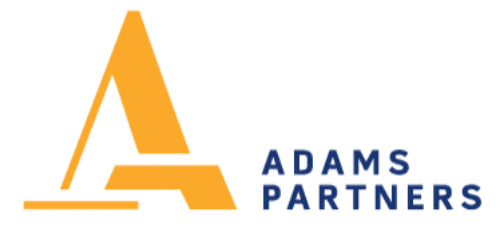AEC Leadership Insights

Thirty Years of Lessons Learned
Adams Partners
Meeting a new candidate, attempting to get to know them during a few hours of interviews and then hiring them all within the course of a few weeks to a few months is unquestionably risky. When you stop to think of everything that needs to fall in place or everything that can go wrong it can be overwhelming.
The following observations, tips and suggestions are a work in progress that have come from lessons learned over the course of many years of talking with candidates and providing executive search to AEC firms, Owners, Developers, and other types of Building and Manufacturing related companies.
My hope is that one or more of these lessons learned may help during your next search.
- Before The Search, offers reminder tips about succession planning and recognizing and developing your in-house talent.
- Guidelines to Prepare for the Search, provides suggestions about getting your company ready to hire outside talent.
- Interview Guidelines covers preparing for, conducting effective interviews, and hiring the right candidate.
- The Transition is about not taking your eye off the ball and the importance of a formal on-boarding program.
If one of these tips helps one client hire a rockstar, avoid a bad hire, or save a promising employee, then my life’s work will not have been in vain.
To discuss a current search need or any of these tips in greater detail please call me directly 312-505-9543 or email jerry@adamspartners.com

